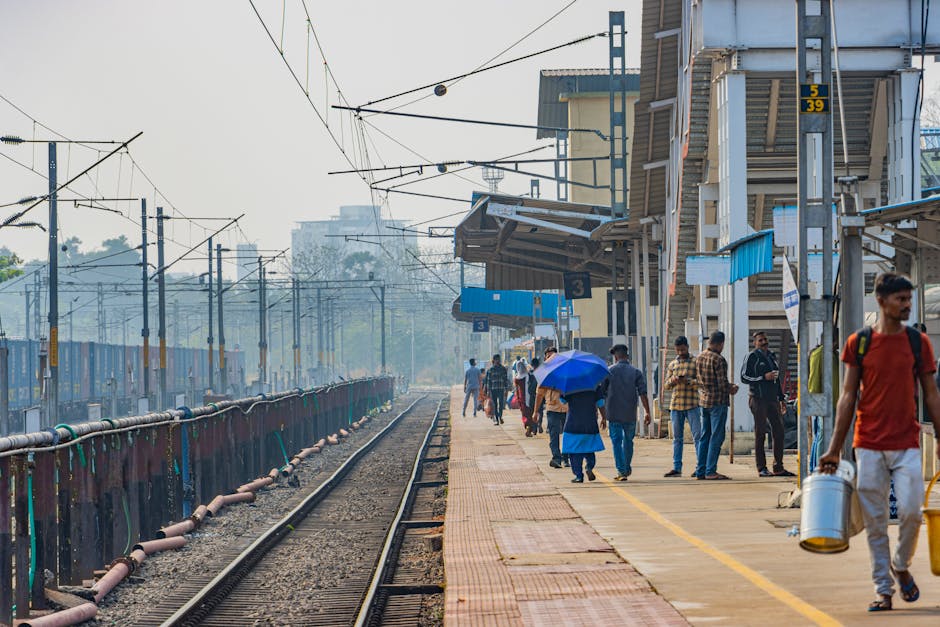For Prelims:
- Comptroller and Auditor General (CAG): Recent audit report highlighted concerns in Indian Railways’ functioning.
- KAVACH: Indigenous Train Collision Avoidance System; deployment planned across 37,000 km of railway lines, but only 1465 km covered till Feb 2024.
- Vande Bharat Train: Features quick acceleration, automatic doors, and onboard facilities.
- Hydrogen Train: Plans to run 35 hydrogen trains under Hydrogen for Heritage program.
- Dedicated Freight Corridors (DFCs): Aim to lower logistics costs. Eastern DFC is fully operational, Western nears completion.
- Extra-Budgetary Resources (EBRs): Railways’ dependence increases due to high operating ratio.
- Mission Raftar: Aims to increase train speeds, but goals not fully met.
- Rashtriya Rail Sanraksha Kosh (RRSK): Non-lapsable fund for safety-related projects, proposed by Kakodkar Committee.
For Mains:
- Significance of Railways for India:
- Lifeline for transport, economic integration.
- Supports industrial expansion, commodity transport.
- Major employer.
- Connects rural areas to markets.
- Greener transport option.
- Supports national security.
- Issues related to Indian Railways:
- High Operating Ratio: Limits resources for capital expenditure.
- Slow Infrastructure Development: DFC project delays and bullet train delays.
- Inadequate Safety Technologies: Slow KAVACH rollout.
- Slow Journeys: Average train speeds below target.
- Way Forward:
- Broaden freight portfolio for specialized goods.
- Upgrade infrastructure for high-speed rail (160-200 km/h).
- Develop multimodal logistics parks.
- Increase private sector participation in various areas.
